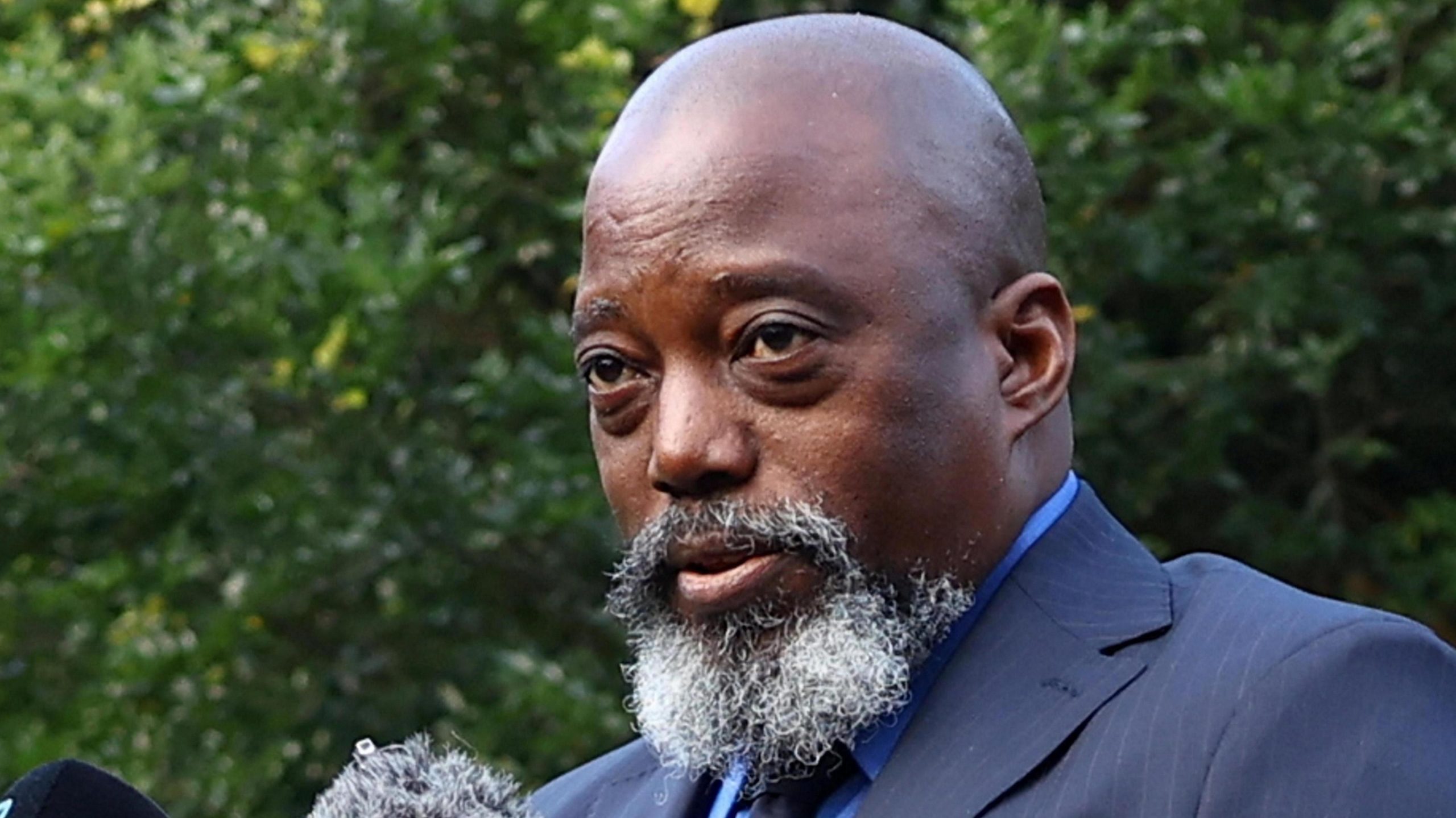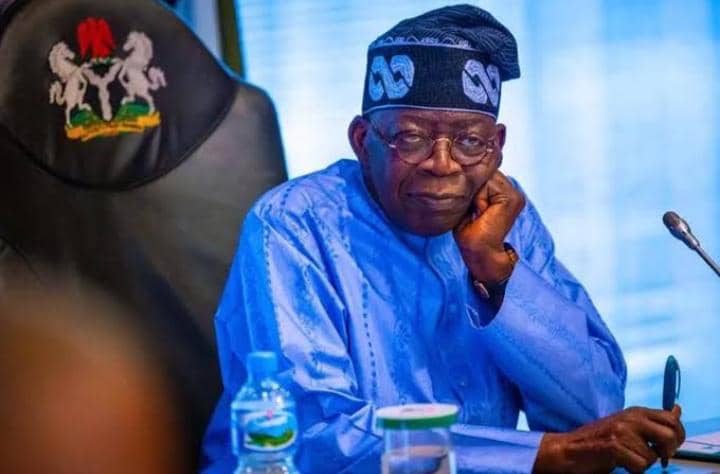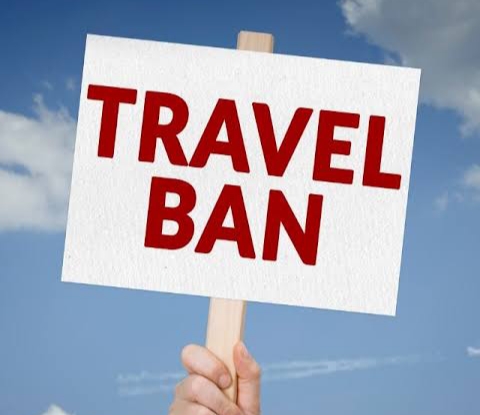News
Former DR Congo President ends self-imposed exile, returns home

Former President of the Democratic Republic of Congo (DR Congo), Joseph Kabila, has returned to the country for the first time in two years, ending a self-imposed exile.
His return was confirmed by spokespeople for the rebels as well as by a local youth leader from his political party, the People’s Party for Reconstruction and Democracy (PPRD), on Monday, May 26, 2025.
Kabila’s reappearance in Goma comes in the wake of a significant political development: the Congolese Senate recently voted to strip him of his immunity.
He arrived in the eastern city of Goma, which is currently under the control of the M23 rebel group.
This decision was linked to accusations that Kabila had supported the M23 rebel group, which is allegedly backed by Rwanda and has been engaged in renewed combat against the Congolese army.
Kabila has consistently denied any ties to the rebels.
He also has criticized the Congolese justice system, accusing it of being manipulated for political gain.
A prominent figure in Congolese politics, the 53-year-old Kabila governed the country for 18 years after taking office following the assassination of his father, Laurent Kabila, in 2001.
In 2019, he handed over power to President Félix Tshisekedi.
Although the transition was peaceful at the time, relations between the two leaders later deteriorated, leading to a political rift.
Speaking to BBC Swahili, Innocent Mirimo, a youth leader for the PPRD in Goma, confirmed the reports of Kabila’s return.
He expressed strong support for the former president, saying, “Kabila should be allowed full access to the country.
“For us, it is like a father has returned to his children.”
Last month, authorities in Kinshasa banned the PPRD, accusing it of taking an ambiguous stance regarding the M23’s capture of Congolese territory.
This ban reflects the increasing tensions between the central government and factions associated with the former president.
Rebel leaders have openly welcomed Kabila to Goma.
Lawrence Kanyuka, a spokesperson for the M23, posted on X (formerly Twitter) welcoming Kabila and wishing him a “pleasant stay in the liberated areas.”
Another rebel spokesperson, Willy Ngoma, echoed the sentiment with a similar message.
Meanwhile, the Congolese government has leveled serious accusations against Kabila, charging him with war crimes and treason.
Officials claim there is a substantial collection of evidence, including documents, witness accounts, and other materials, linking him to the M23 rebels.
Kabila himself responded to these allegations in a video posted online last Friday, though it has since been deleted.
In it, he sharply criticized the current administration, labeling it a “dictatorship” and warning of a “decline of democracy” in the country.
Government spokesperson Patrick Muyaya quickly dismissed Kabila’s remarks, asserting that the former president “has nothing to offer the country.”
The M23 rebel group originally launched its campaign against the Congolese military in 2012.
That conflict was resolved the following year through a peace deal.
However, the group resumed hostilities in 2021, claiming that the terms of the agreement had not been upheld.
Since early 2025, the M23 has made significant territorial gains in the resource-rich eastern region of DR Congo, including taking control of Goma in January.
The renewed fighting has triggered a humanitarian crisis, displacing hundreds of thousands of civilians over recent months.
For the past two years, Kabila has been living in exile in South Africa.
At the beginning of last month, he announced his intention to return to DR Congo, stating that he wished to contribute to finding a solution to the ongoing conflict.
His return comes with mounting legal threats and political friction.
It comes amid the chaos and controversy surrounding the M23 offensive.
This also marks a dramatic and potentially destabilizing development in DR Congo’s volatile political landscape.
For Diaspora Digital Media Updates click on Whatsapp, or Telegram. For eyewitness accounts/ reports/ articles, write to: citizenreports@diasporadigitalmedia.com. Follow us on X (Fomerly Twitter) or Facebook












